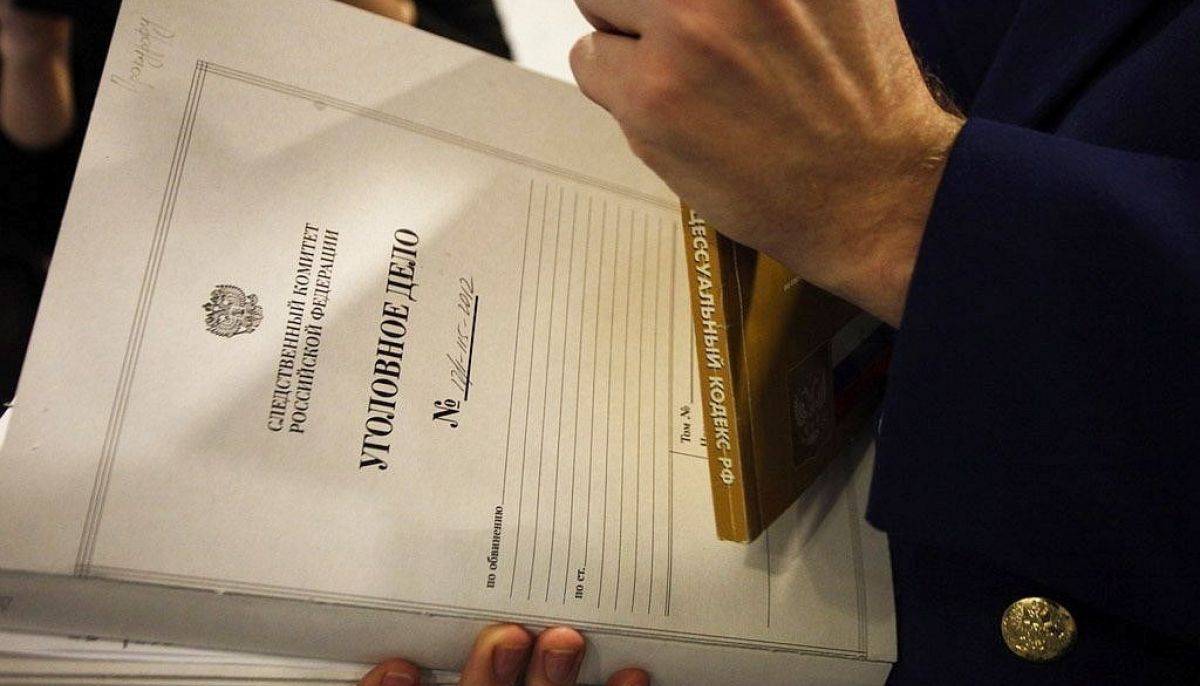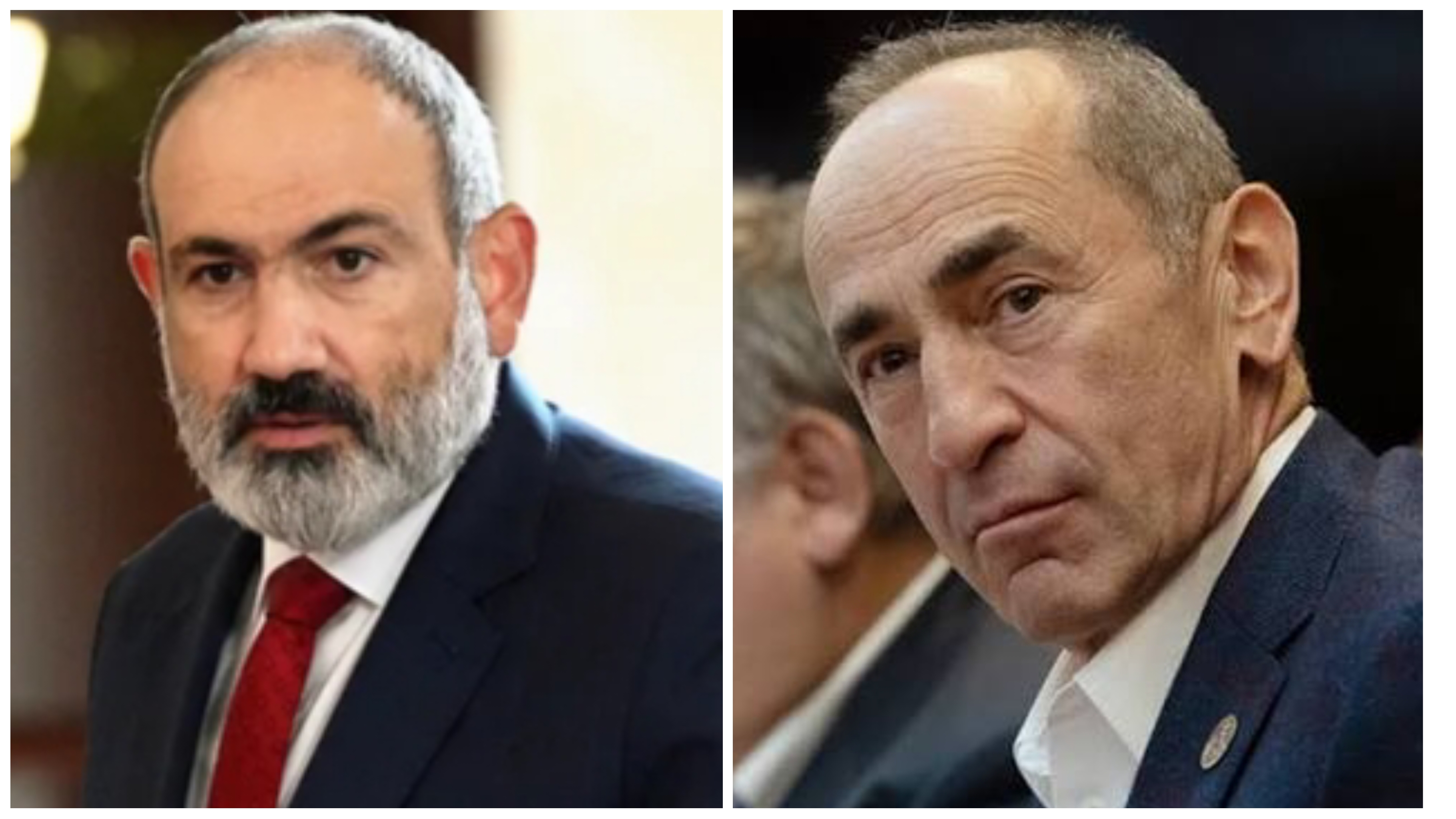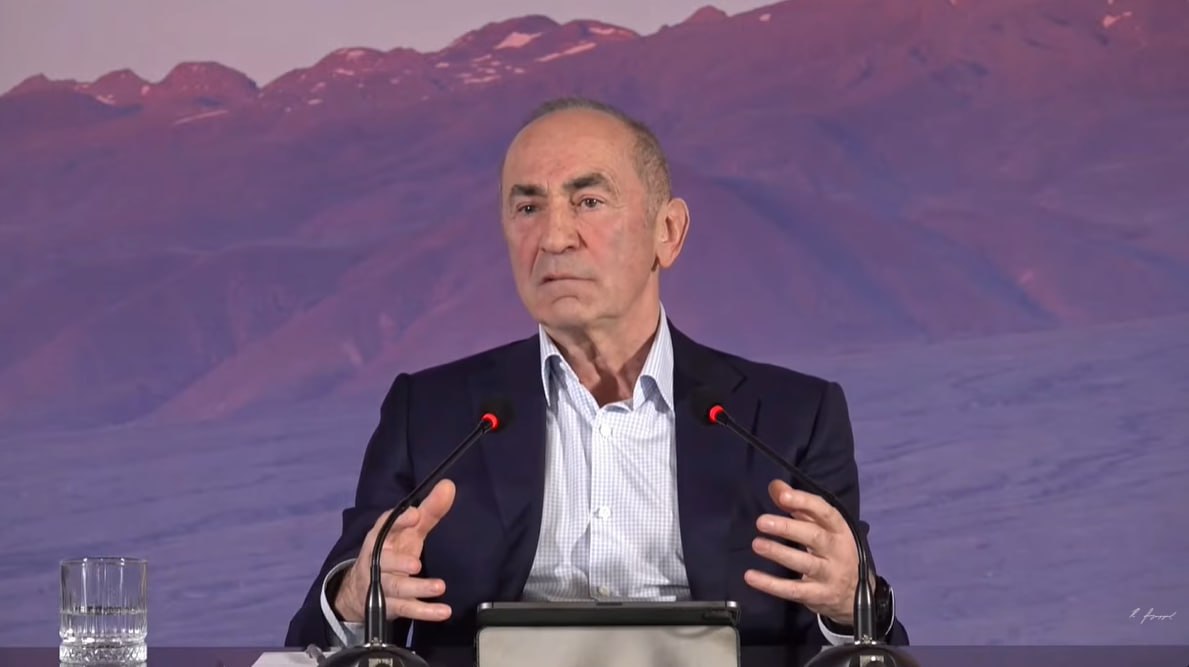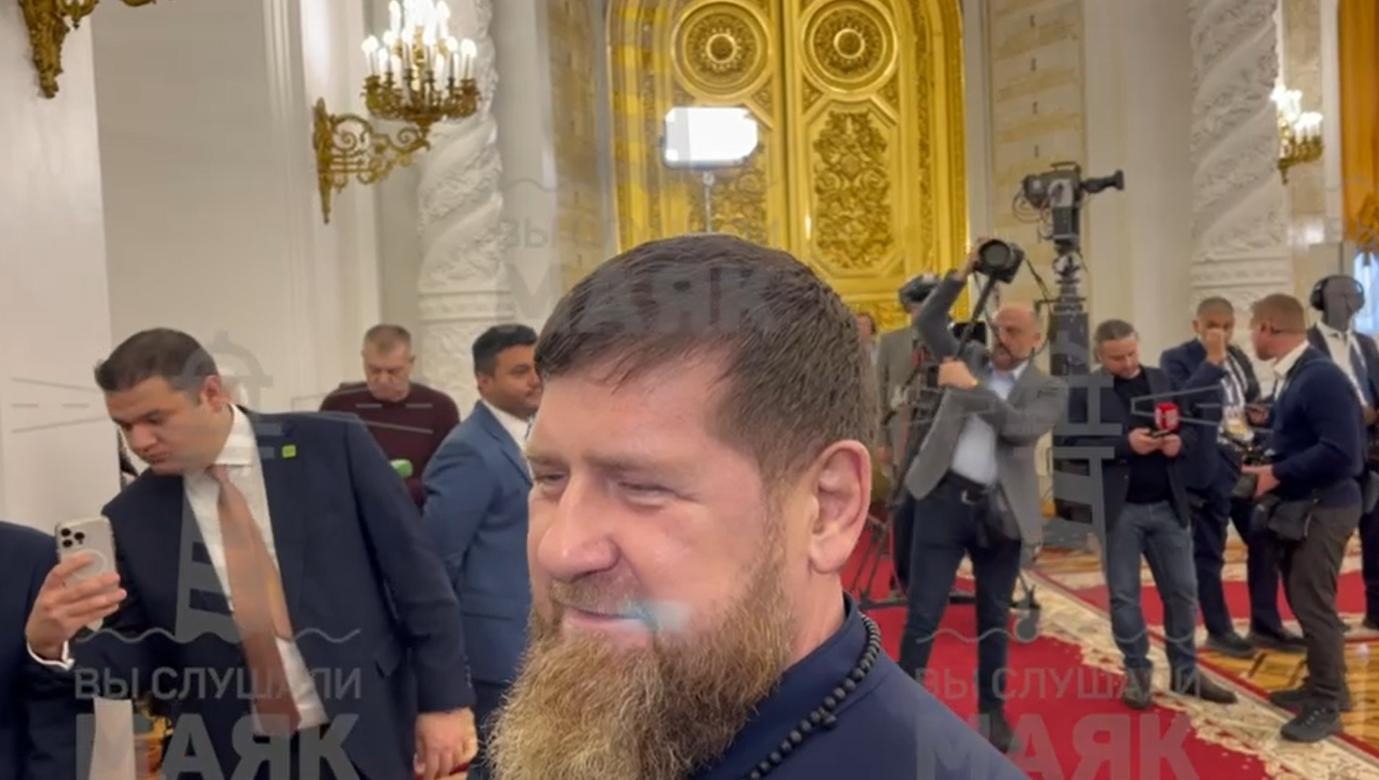A second administrative case has been opened in Chechnya in Russia for searching for "extremist materials" online. The case was registered by the Naursky District Court, and local resident Isa Magomadov is listed as the offender.
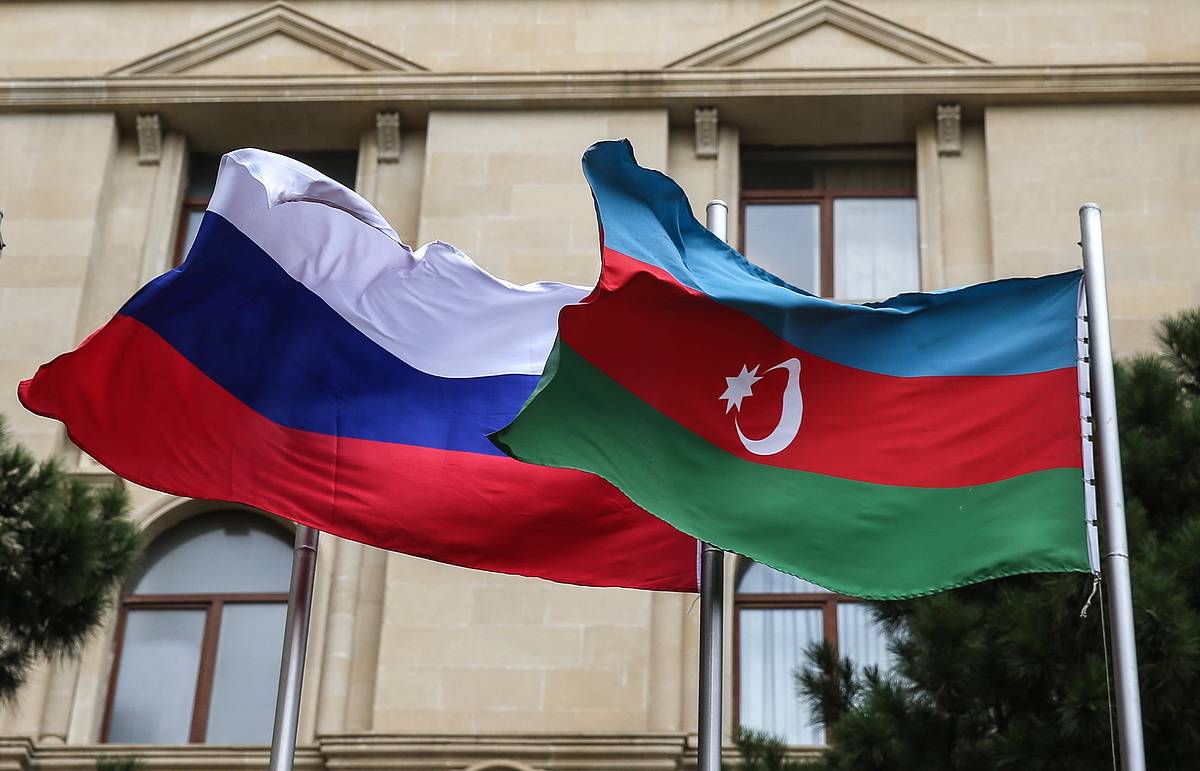
Mikhail Shvydkoy, Special Representative of the President of the Russian Federation for International Cultural Cooperation, announced Russia's readiness to fully resume humanitarian cooperation with Azerbaijan. According to him, the close historical ties between the peoples, as well as shared spiritual and moral values, create a solid foundation for the further development of cultural exchange between the two countries.
"It seems to me that we have no fundamental reasons not to fully resume all relations," Shvydkoy emphasized.
In February 2025, Azerbaijani authorities sent Russia an official notification terminating Rossotrudnichestvo's activities in the country. Baku accused the Russian House project, which it controls, of espionage, calling it a "hotbed of separatism and a nest of espionage."
Tensions in relations between Russia and Azerbaijan arose after the high-profile plane crash that occurred in late 2024. An Azerbaijani Embraer 190 passenger jet, flying from Baku to Grozny, crashed near the Kazakh city of Aktau. There were 67 people on board, including 42 citizens of Azerbaijan, 16 Russians, six Kazakhs, and three Kyrgyz. Twenty-nine passengers survived.
Moscow long concealed the cause of the plane's crash. However, the prevailing theory is that it came under fire from Russian air defense systems during an attack by Ukrainian drones in Chechnya. This theory was supported by Azerbaijani President Ilham Aliyev, who demanded that Russia admit guilt, punish those responsible, and pay compensation.
It should also be noted that on June 27, in Yekaterinburg, officers from the Russian National Guard, the Ministry of Internal Affairs, and the Federal Security Service detained Azerbaijani citizens and individuals of Azerbaijani descent. They were suspected of involvement in previous crimes. Some of them were tortured, and two died – 60-year-old Huseyn Safarov and his brother, 55-year-old Ziyaddin Safarov. Baku also noted that other detainees were tortured. Six people were sent to pretrial detention. Subsequently, the Azerbaijani Prosecutor General's Office opened a criminal case on charges of torture and premeditated murder with particular cruelty against two Azerbaijani citizens and individuals of Azerbaijani descent by Russian law enforcement officers.
In July, Azerbaijani security forces detained Igor Kartavykh, editor-in-chief of the Russian state news agency Sputnik Azerbaijan, and its editor-in-chief, Yevgeny Belousov. They were accused of illegal activity and labeled agents of the Russian Federal Security Service (FSB).
The first meeting in a long time between the presidents of Azerbaijan and Russia was recently held in Dushanbe, the main topic of which was the investigation into the tragic airliner crash. After ten months of silence, Putin told Aliyev in a private conversation that two Russian air defense missiles had exploded just meters from the airliner. He blamed Ukrainian drones for the tragedy. The Russian president promised a legal assessment of the officials' actions and compensation.
As a result of mutual agreements between Moscow and Baku, a detainee exchange took place. Russia released Yusif Khalilov, the leader of the Azerbaijani diaspora in Voronezh, in response to Azerbaijan's release of Yevgeny Belousov, editor-in-chief of Sputnik Azerbaijan.
Earlier, Igor Kartavykh, head of the Sputnik Azerbaijan editorial board, returned to Russia, and Mammadali Agayev, former director of the Satire Theater, was released in exchange.
